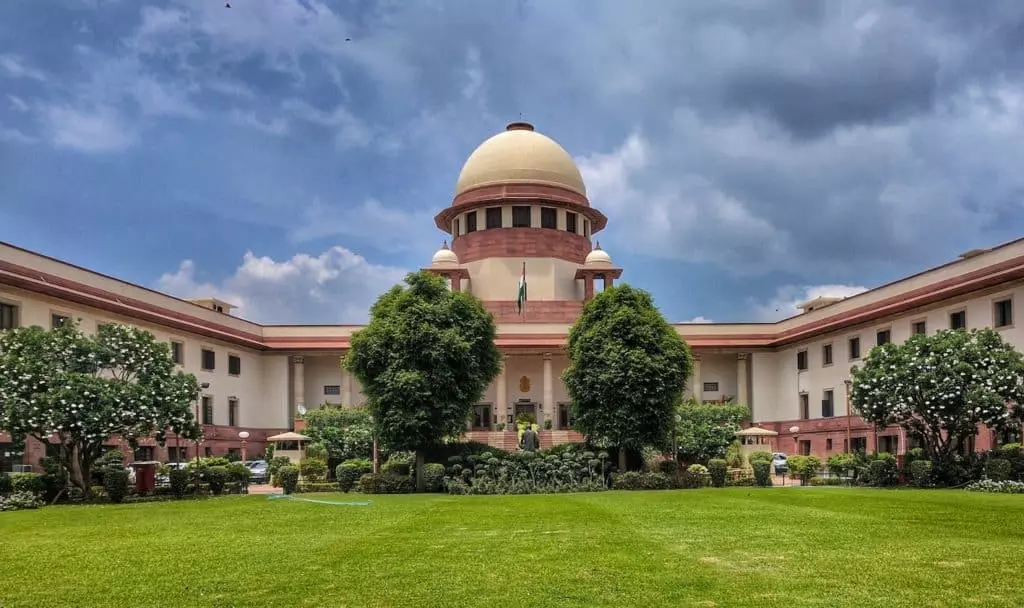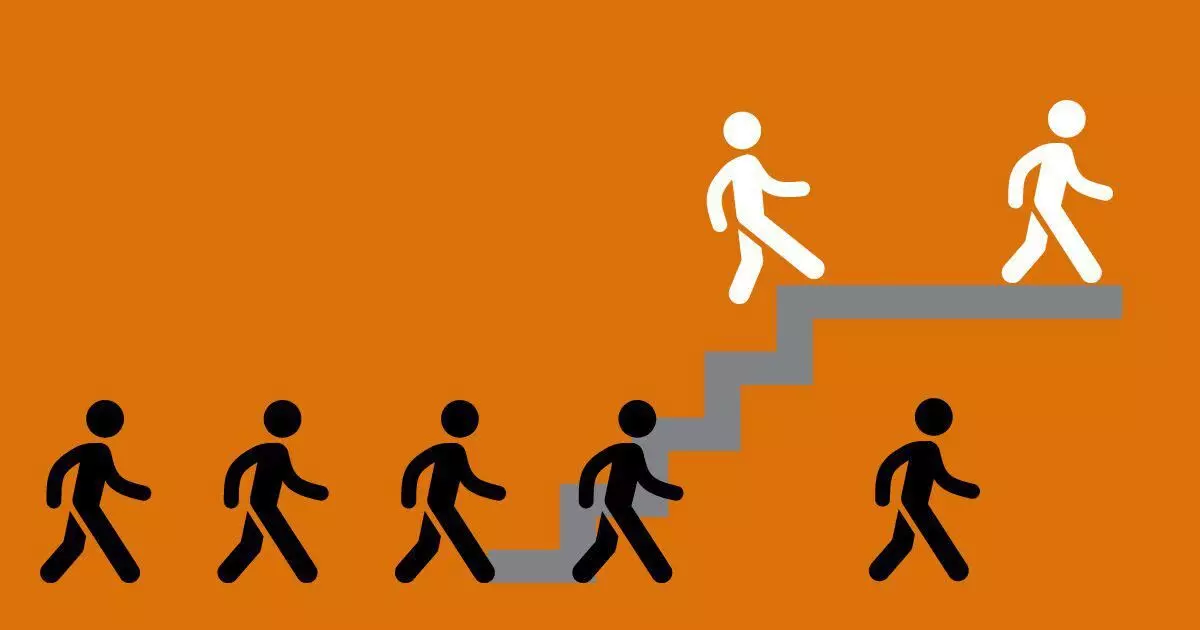
Centre tells SC, will revisit Rs 8 lakh annual income limit for EWS category in NEET
text_fieldsNew Delhi: The Supreme Court on Thursday received a significant statement from the Centre on Thursday when the latter informed the bench that it has taken a considered decision to revisit the limit of rupees eight lakh annual income fixed for determining the Economically Weaker Sections (EWS) category for reservation in NEET admissions for Post-Graduate medical courses.
The bench of Justices DY Chandrachud, Surya Kant, and Vikram Nath that heard a batch of petitions challenging the 8 Lakh Rs ceiling, was informed by Solicitor General Tushar Mehta that a committee will be constituted to determine the criteria for EWS and it would take four weeks.
The pleas filed by Students challenging the Centre and Medical Counselling Committee (MCC) July 29 notice providing 27 per cent reservation for Other Backward Class (OBC) and 10 per cent for EWS category in the National Eligibility cum Entrance Test (NEET-PG) admissions for medical courses for the current academic year.
Criticisms had already been aired by several quarters that the EWS quota purportedly being for the extremely poor segment of the (forward) castes, who do not have reservation under other heads, the liberal limit of Rs 8 lakh annual income would mean that many income-tax paying and upper income bracket students also would snatch the seats under the quota. As per the government decision based on the Act providing for the EWS quota, the matter of fixing the income ceiling has been left to the states or the Centre, depending on who makes the selection for the seats.
Justice Kant said that the EWS quota is a very enabling and progressive kind of reservation and all States should support the Centre in its endeavour.
The bench said that the only question is that determination of the category should be in a scientific manner and it appreciates that the Centre has taken a decision to revisit the criteria earlier fixed.
Senior advocate Arvind Datar, appearing for petitioners (students), said since a lot of time has passed and Centre should defer applying EWS quota to the next academic year and the current year counselling should be allowed to go on.
The bench agreed with the submission of Datar and asked Mehta whether the government could push it to the next academic year, so that this counselling could go on now for the current year.
Mehta said that since the government has taken a decision to implement the 103rd constitutional amendment from the current academic year, postponement would not be appropriate.
He said that if the determination is done earlier than four weeks then it will inform the court.
The bench told Datar that four weeks is not unreasonable and it doesn't want to push the government to do it earlier otherwise the criteria would be fixed in an unscientific and haphazard manner.
It then recorded the submission of Mehta and posted the matter for further hearing on January 6.
On October 21, the top court asked the Centre whether it would like to revisit the limit of rupees eight lakh annual income fixed for determining the EWS category for reservation in NEET PG admissions.
The top court had clarified that it is not embarking into the policy domain but is only trying to ascertain whether constitutional principles have adhered or not.
(Based on PTI input)


























